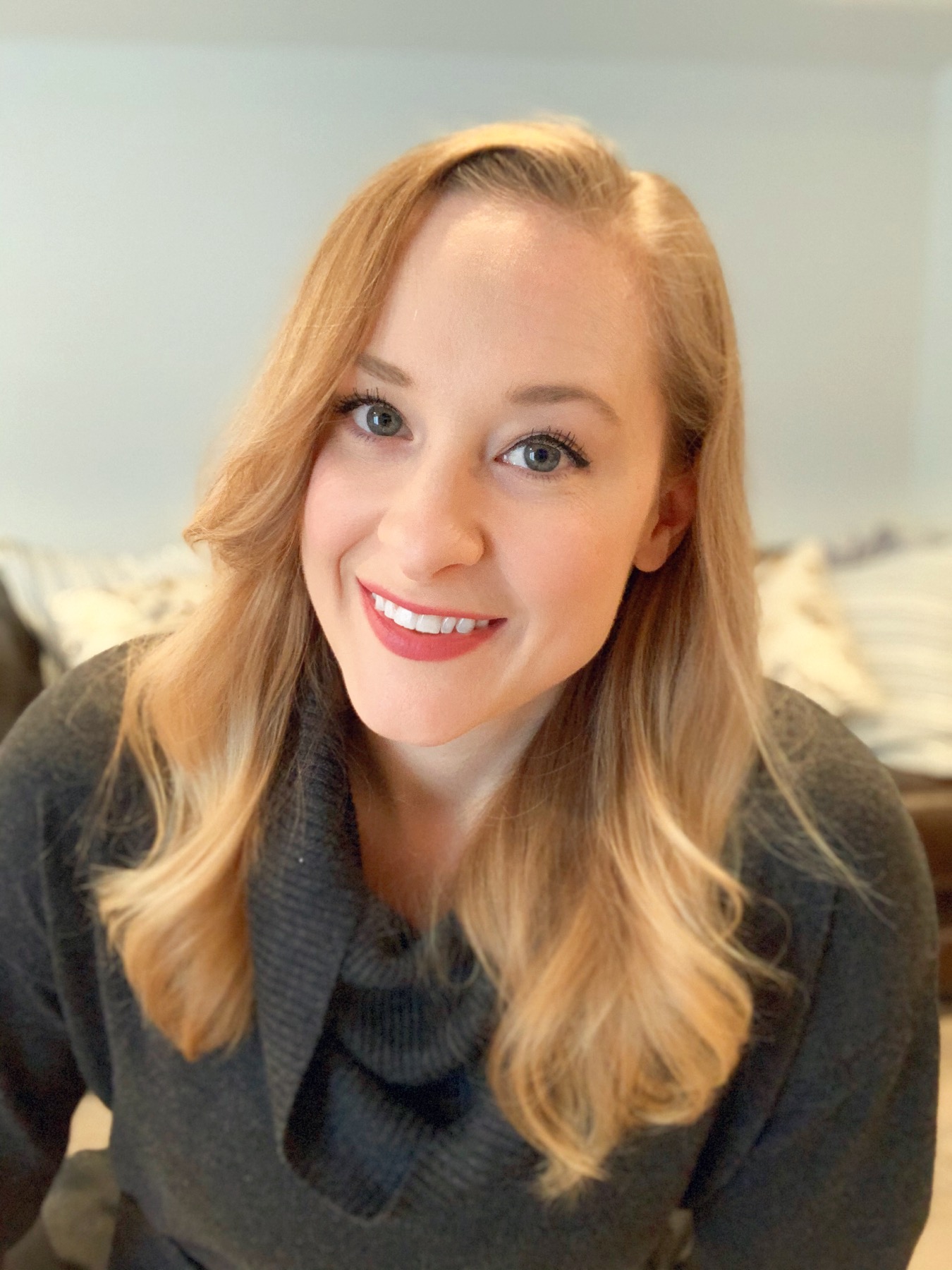If your life is in danger, call the police at 110

Rachel Walls (MSW, LCSW)
Psychotherapist
Psychotherapist
Rachel is a graduate of Tulane University’s School of Social Work, and is a Licensed Clinical Social Worker. Rachel obtained her clinical license in 2015 and has been an Eye-Movement Desensitization Reprocessing (EMDR) practitioner since 2022.
Rachel has an expertise in treating medical trauma, grief and post-traumatic stress related to events surrounding disease, medical care, or medical emergencies. Rachel’s approach is tailored specifically for each client. As a social worker by training, she sees every person through the impact of their environment, exploring the systems in which they are a part of and seeks to understand what impact those environmental factors have on an individual. Because of this holistic lens, she may incorporate nutrition, mind-body medicine, neuropsychology, neurobiology and movement into her treatment. Rachel’s main therapeutic lens is trauma-informed, strengths-based and she is accepting of all clients regardless of their sexual identity, gender or race.
Specializing in work with adult individuals and couples, Rachel addresses the challenges that arise which might include: anxiety and panic disorders, chronic illness, pain and sleep disorders, grief and loss, trauma and PTSD, and women’s issues.
o With couples, she works to bring awareness into the relationship through education, encouraging individual ownership and empowerment and focuses on improving communication. Rachel feels that the bridge to healthy partnership begins in processing and healing the individual and their inner child, increasing awareness around how each partner shows up in conflict and what is being triggered in that conflict. Rachel accomplishes this by using a combination of techniques, depending on the relationship, which may include techniques and interventions from the Gottman Method, EMDR, Mindfulness Based Cognitive Therapy, and Acceptance and Commitment Therapy.
o With individuals, her initial goal is to create a strong therapeutic alliance so that every client feels truly safe to explore and process difficult emotions. Rachel sees the therapeutic relationship as collaborative, meaning that therapist and client work together to identify appropriate and realistic goals. Her hopes for every client, no matter what their individual goals might be, are that they walk away from therapy with an increased ability to identify their thoughts, feelings, triggers and to appropriately and respectfully be able to communicate those effectively as needed.
o Rachel has extensive experience helping those who have different racial, ethnic and cultural backgrounds as herself to include Tibetan refugees, Black Indigenous People of Color (BIPOC) living with Sickle Cell Disease, and those affected by HIV, Homelessness, and Traumatic Brain Injury.
Prior to her position at TELL, Rachel has worked with active-duty Marines & Sailors impacted by traumatic-brain injuries at Camp Pendleton’s Intrepid Spirit Center. She has also spent the last four years working closely with the Sickle Cell Center at VCU Health in Richmond, VA under the medical direction of Dr. Wally Smith as a researcher and therapist. Her research has been published in the American Society for Hematology’s Blood Journal as well as in the Foundation for Sickle Cell Disease Research. When she is not working, you can find Rachel dancing in the living room with her two children (ages 7 & 3), enjoying her husband’s culinary creations and playing in a local kickball league. Rachel enjoys running, reading and is in constant search of the best ramen in Okinawa.
Key Concepts: trauma-informed, couples and partnership issues, PTSD, complex PTSD, EMDR, anxiety and depression, grief and loss, Cognitive Behavioral Therapy, Acceptance and Commitment Therapy, Dialectical Behavioral Therapy, and Mindfulness.
